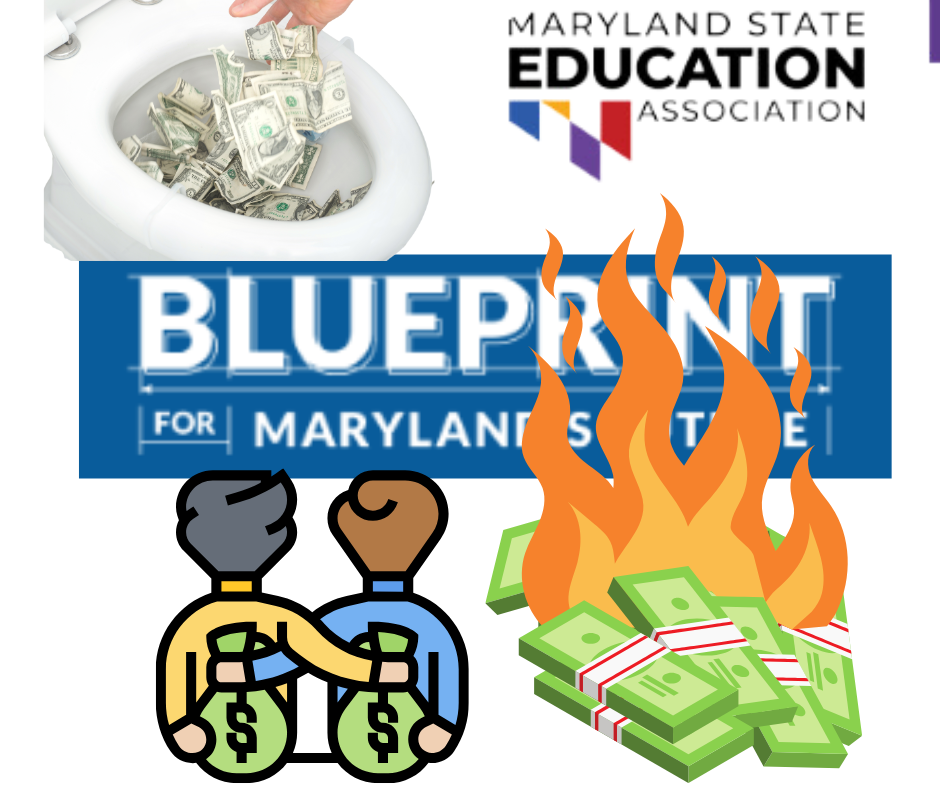
Please Follow us on Gab, Minds, Telegram, Rumble, GETTR, Truth Social, Twitter
In recent research for some local news and information in the state of South Carolina, I came across this article written by Josh Kelety in the Greenville, SC News (the link is for his story in the Seattle Times). I was looking for background information on a recent hire in our town when I found the article:
The article, written in December of 2023, is about a topic that many of us living in small towns are interested in these days, transparency and accountability of small-town operations and business. Kelety tells a story that many of us in small towns are currently living, a story of unanswered questions, uncooperative public "servants", unprofessional actions, and elected officials who seem either unwilling or unable to provide service to the people they supposedly serve.
What is interesting is that the stories of each town are so similar, they almost seem scripted as if someone was sending a memo to small town governments that says, "Don't tell anyone, anything." As I perused small town Facebook pages, I saw comment after comment from citizens stating they were being stonewalled and gaslighted by their town officials who avoided giving them information about budgets, projects, grants, employee salaries, annexation, and other vital issues.
In his article, Kelety shares "what some observers say is a striking trend toward secrecy among local governments across the U.S. From school districts to townships and county boards, public access to records and meetings in many states is worsening over time, open government advocates and experts say."
“It’s been going on for decades, really, but it’s accelerated the past 10 years,” said David Cuillier, director of the Joseph L. Brechner Freedom of Information Project at the University of Florida.
This often translates into more closed meetings and more hidden information even in towns with populations under 1,000 residents. These trigger more Freedom of Information Act or Public Information Act requests and more frustration for citizens who get nothing or heavy fees in return.
According to the Brechner Center for Freedom of Information:
Journalists, average Americans, and others seeking government records in the public interest are more likely to be denied information than for-profit requesters, according to a new study titled “Tale of two requesters: How public records law experiences differ by requester types,” co-authored by David Cuillier, director of the Joseph L. Brechner Freedom of Information Project at the University of Florida. The study was published in March in the peer-reviewed journal Journalism.
Cuillier and co-author A. Jay Wagner of Marquette University surveyed 330 people across the United States who have requested public records from the government through state and federal freedom of information laws.
They compared two different kinds of requesters: Those seeking information in the public interest, such as journalists, researchers, and nonprofit organizations, and those seeking information for commercial purposes, such as lawyers and businesses that profit from information. The study found that:
In our small town, the trend continues. Actually, as the residents ask for more, officials seem more inclined to give LESS. This is odd considering that most towns have the means to get information out in the blink of an eye, if they want to. The old days of posting announcements on town bulletin boards or mailing information are long gone. Yet, the information trickles slowly out of town offices if at all. In one case, a citizen was told to "stop contacting the town office" and "limit emails to the office to no more than two a day."
Doesn't sound much like public "service" does it.
That leads us to believe that this is by design. Elected and hired public officials have no desire in dealing with the people who pay their salaries, the citizens. Certainly, those citizens who have enough money to do so are able to buy information and exert power and influence on public officials to do their will. Again from the Brechner Center:
“These findings indicate significant barriers for average people in acquiring the information they need to improve their communities and hold government accountable,” Cuillier said. “Information access should be available to everyone, not just companies and those who have the money to sue. That’s the whole point of public record laws – to inform Americans so they can better self-govern, maintaining a strong democracy and republic.”
Many wonder what can be done. For example, how do citizens assure that their town governments are receptive and open? The Brechner Center suggests requiring proactive release of records for commonly requested records and establishment of alternative dispute resolution systems so citizens don’t have to hire a lawyer to exercise their right to know. Sounds like towns should just answer questions when they are asked.
But, there's more that has to be done. Many elected and hired officials tend to react first and most often to those constituents who have more to offer and to court the citizen in circles of power in small towns. These small influence circles who run towns need to be exposed to the general public by name so that people of the town know who is gaining the most. Conflict of interest statements, even in small towns, can help sort who is getting favor and why. That is if they are honestly completed.
On the opposite side, many small-town officials tend to enact retribution on those citizens who stand up to them or support political rivals. Often times, the victims stand down out of fear of negative consequences to their families and businesses. It's a difficult thing, but citizens who want to break up small "cabals" of power need to take the chance of consequences. Other citizens in town need to stand by and support them when they do.
Taxpayers need to question any and all actions of their town officials and DEMAND that decisions be made in the open at public meetings and that these meetings are recorded electronically and made available to the citizens. People also need to go to meetings and speak out when they have questions, complaints or ideas.
Finally, there is power in numbers. In our small town, we just had an election. Over 400 people in a town of 650 voted. Yet, at any given town meeting, the most we have is 30 or 40 people. Sometimes attendance is fewer than a dozen. Imagine if every town meeting was bursting at the seams to seat all participants. Imagine if meetings had to be moved to larger locations. There's a huge difference between speaking to 400 people versus 20. One may feel more accountable. Plus, those 400 people may suddenly discover that they are philosophically aligned with each other and will actually accomplish what the people, not just the politicians, want.
The sad truth is that no matter the small town you live in, you are likely to suffer the same kind of treatment that many across the country are dealing with. In just over a year and a half, our citizens have been subjected to abuse, indifference, and downright rudeness from elected, appointed, and hired officials. And, even though we have pushed and made changes, the attitude doesn't seem to have changed that much. We need to keep reminding them that we are not servants but that they work for us.
It's the only way to stop the alarming trend of secrets and stonewalling.

Well, this is discouraging.
Yes, it is but it isn't. It motivates me to force the issues. And, after the debacle in Oxford today, I'm even more motivated.